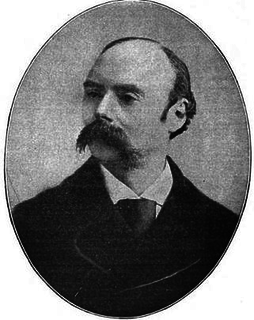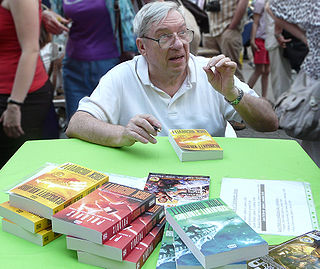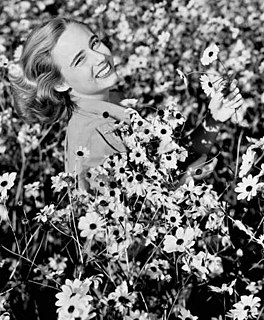A Quote by Nicholson Baker
Most good novelists have been women or homosexuals. The novel is the triumphant evolved creation, one increasingly has to think, of these two groups, who have cooperated more closely in this domain than in any other.
Related Quotes
It is not possible in this culture today to hold up to public pillory and ridicule any group - whether blacks, American Indians, women, homosexuals, Poles, or any of a number of other groups that have been discriminated against in the past. However, the one group you can hold up to public mockery and pillory without fear of reprisal is evangelical Christians.
It's so easy to get into the same routine. A novel every two years; perhaps, improving technique. But I'm not interested in that. I'm interested in doing something fundamentally important--and therefore, it needs time. And what I've been doing, really, is avoiding this pressure to get into the habit of one novel a year. This is what is expected of novelists. And I have never been really too much concerned with doing what is expected of novelists, or writers, or artists. I want to do what I believe is important.
More education for women. More jobs for women. More equal opportunities for women. More women to be taken seriously. And I think more than anything we wish to be heard and not to be shut down. I think this is a good thing to think about for any community; what is important is that our voices be heard and not swallowed in an abyss of history.
Increasingly, men are realizing exactly that - that having an educated, economically independent partner reduces the pressure on them to be the sole provider. Many men are also beginning to understand that participating in housework and childcare can be rewarding. Women with higher education and/or earnings are so much less likely than other women to divorce, that by age 40, they are more likely to be married than any other group of women.
Management is a far more homely business than its would be scientists suggest, more closely allied to cookery than any other human activity. Like cooking, it rests on a degree of organisation and on adequate resources. But just as no two chefs run their kitchens the same way, so no two managements are the same.
I believe that all novels, ... deal with character, and that it is to express character – not to preach doctrines, sing songs, or celebrate the glories of the British Empire, that the form of the novel, so clumsy, verbose, and undramatic, so rich, elastic, and alive, has been evolved ... The great novelists have brought us to see whatever they wish us to see through some character. Otherwise they would not be novelists, but poet, historians, or pamphleteers.
There is no going back to a time when most women will feel compelled to enter or stay in a bad marriage just for economic security or social respectability. So today, the best way to get women once more interested in getting married and having children is for men to accept women's new insistence on equality. This is, I think, why educated women in America, are now more pro - marriage and more disapproving of divorce than other groups of women who have less experience with egalitarian partners or less clout in getting their needs met in relationships.
There'd been studies over the years supporting the proposition that groups composed exclusively of women usually made intelligent decisions, that exclusively male groups did a bit less well, and that mixed groups did most poorly of all, by a substantial margin. It appeared that, when women were present, testosterone got the upper hand and men took greater risks than they might otherwise. Correspondingly, women in the mixed group tended to revert to roles, becoming more passive, and going along with whatever misjudgment the males might perpetrate.
Even as considering African-Americans, immigrants and other groups who may be marginalized in different ways, American Muslims are still one of the most marginalized groups. Overt prejudice is probably more acceptable toward American Muslims than any other single group in the U.S. There is still a lot of policies in place that are incredibly effective that don't show any signs of eroding. So, I don't want to overstate the optimism but I think things are headed gradually in the right direction. Just because of the distance between us and 9/11.
A man is not merely a man but a man among men, in a world of men. Being good at being a man has more to do with a man’s ability to succeed with men and within groups of men than it does with a man’s relationship to any woman or any group of women. When someone tells a man to be a man, they are telling him to be more like other men, more like the majority of men, and ideally more like the men who other men hold in high regard.
The novel has become a function of the fragmented society, the fragmented consciousness. Human beings are so divided, are becoming more and more divided, and more subdivided in themselves, reflecting the world, that they reach out desperately, not knowing they do it, for information about other groups inside their own country, let alone about groups in other countries. It is a blind grasping out for their own wholeness, and the novel-report is a means toward it.
Why are murder mysteries so popular? There's a 3-part "formula" (if you want to call it that) for a genre novel: (1) Someone the reader likes and relates to (2) overcomes increasingly difficult obstacles (3) to reach an important goal. The more important the goal, the stronger the novel. And the most important goal that any of us have is survival. That's why murder mysteries are more gripping than a story titled "Who Stole My TV Set.






































